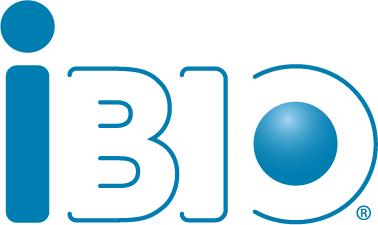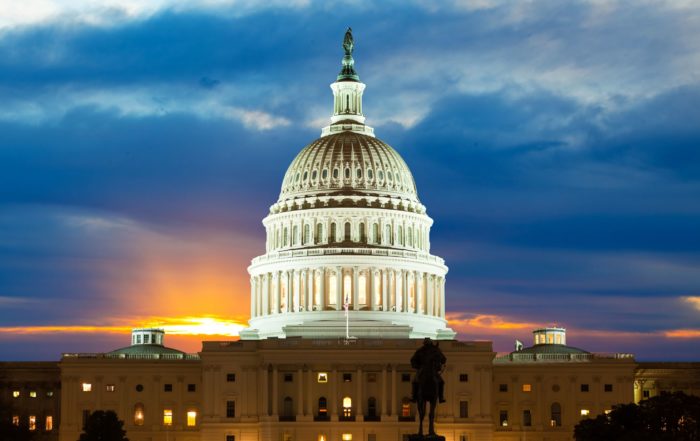The Care Act has a number of provisions to support our startup ecosystem in Illinois, including a major small business loan program to help our emerging companies keep the lights on and their employees working during this difficult financial time – loans that, subject to certain conditions, could ultimately be forgiven and thus become grants. The bill also contains various tax relief mechanisms that will help ease the burden on our smaller companies in particular.
In addition, the bill contains some new requirements on our healthcare companies involved in drug development and manufacture with respect to drug shortage disclosure and risk planning.
A summery from BIO on the relevant provisions is below
BUSINESS ASSISTANCE
Sec. 1102. Paycheck protection program; Sec. 1105. Loan forgiveness
Paycheck Protection Loans
Eligible businesses: Businesses with under 500 employees or meeting the SBA size standard for a given industry (for biotechs, the limit is 1000 employees).
- To simplify approval and disbursement, many of the usual SBA requirements, such as personal guarantees and financial verification are waived.
- For reference, the SBA affiliation guide is available here.
Loans can be used for payroll, mortgage, rent and utility payments and other debt obligations.
Loan amount calculation: 2.5 times average monthly payroll (salaries of US-based employees up to $100,000 and certain benefits) plus the outstanding amount of a disaster loan made after January 31, 2020 (allows disaster loans to be refinanced as part of this loan).
- Maximum amount of loan is $10 million.
Loan forgiveness: Eight weeks of payroll, mortgage interest, rent, and utilities eligible to be forgiven.
- Amount forgiven will be reduced if employee numbers or compensation are reduced during that period.
Loans available for period Feb. 15-June 30, 2020.
Sec. 2301. Employee Retention Credit for Employers Subject to Closure Due to COVID-19
Refundable payroll tax credit for 50% of wages paid to employees during the COVID- 19 crisis.
Credit is available to employers whose operations were fully or partially suspended due to a COVID-19-related shut-down order or whose gross receipts declined by more than 50% compared to the same quarter in the prior year.
For employers with over 100 full-time employees, credit is available on wages paid to employees when not providing services due to COVID-19.
For employers with 100 or fewer employees, all wages qualify for the credit.
Sec. 2302. Delay of Payment of Employer Payroll Taxes
Payment of employer-side Social Security taxes incurred for the rest of 2020 is deferred until January 1, 2021.
- 50% of the deferred amount is due by December 31, 2021 and 50% due by December 31, 2022.
Sec. 3606. Advance Refunding of Credits
Allows employers to receive an advance refunding of tax credits due for the new paid
sick leave program created in previous Corona stimulus package.
SUPPLY CHAIN ISSUES
Sec. 3101. National Academies report on America’s medical product supply chain security
National Academies report to examine, in a manner that does not compromise national security, the security of the medical product supply chain.
- Dependence on critical drugs and devices that are sourced or manufactured outside the US, including potential economic impact of increased domestic manufacturing.
- Provide recommendations to improve resilience of supply chain for critical drugs and address vulnerabilities.
Sec. 3111. Prioritize reviews of drug applications; incentives
Prioritization of drug application review and inspections in order to prevent or mitigate a drug shortage.
Sec. 3112. Additional manufacturer reporting requirements in response to drug shortages
Section 3112(a) expands the current drug shortage notification provisions to include API and expands the universe of products that might need to make a shortage report.
- Provisions now include critical drugs necessary to respond to a public health emergency in shortage reporting requirements.
- Require the drug manufacturer to report on active pharmaceutical ingredients (API) and associated medical devices used to prepare or administer the finished dosage.
- Additional reporting by the drug manufacturer regarding the source of the API and any alternative sources for the API would be required if API is a reason for, or risk factor in, a discontinuation or interruption.
Section 3112(b) adds the requirement of a risk mitigation plan for any drug that could qualify to make a shortage report.
- Drug manufacturers, API manufacturers, and manufacturers of medical devices used for preparation or administration of a drug are required to develop, maintain, and implement a redundancy risk management plan.
- The plan is subject to inspection during an inspection or a request from the Secretary.
Section 3112(e) adds to the annual reporting requirement for drugs and devices that each registered entity must annually report to FDA the number of drugs it produces.
- Annual reporting of product manufactured for commercial distribution.
- Secretary can ask for interim report during declared public health emergency. o Includes exemption for certain biologics regarding reporting requirements at the discretion of the Secretary.
Section 3112(f) inclusion of confidentiality provision stating, “Nothing in the amendments made by this section shall be construed as authorizing the Secretary to disclose any information that is a trade secret or confidential information.”

